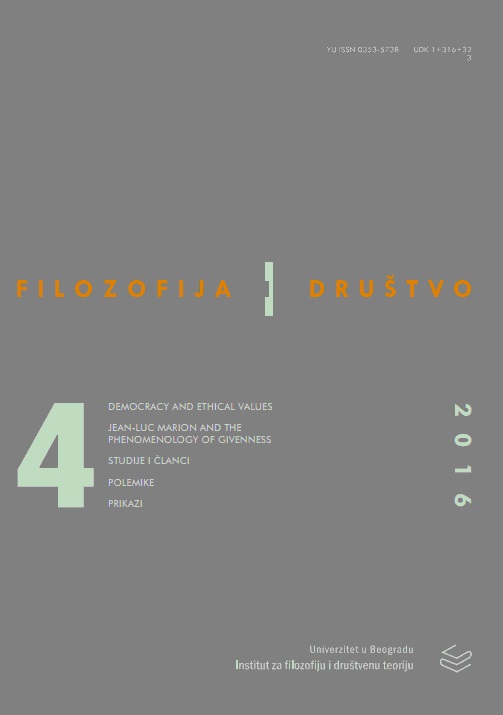Disappearing knowledge
Disappearing knowledge
Author(s): Ivan NišavićSubject(s): Epistemology, Analytic Philosophy
Published by: Institut za filozofiju i društvenu teoriju
Keywords: contextualism; eliminations of possibilities; probability; non-existence of knowledge; lottery paradox
Summary/Abstract: Following the exposition of the basic standpoints of contextualism in relation to invariantistic position, which takes the concept of knowledge in its rigorous and fixed meaning, the text continues to deal with the analysis of the concept of knowledge offered by David lewis, with a goal to solve common epistemological problems, one of those being the lottery paradox. Accepting fallibilism as the only plausible option regarding the possibility of acquiring knowledge, lewis claims that, with the postulated rules that allow us to properly eliminate alternative possibilities, it is possible to resolve the previously mentioned paradox. If we want to base knowledge on probability, and not on certainty, and to directly stipulate it with the context in which it is being imposed or expressed, than it is obvious that knowledge will depend on whether the requirements for knowledge are high or low. Thus, in one case it might occur that we have knowledge, and in the other that we do not, even though nothing is changed except the conversational conditions that are already ”in the game”. Such, elusive knowledge, that gets lost, De Rose labels ”now you know it, now you don’t” and considers it to be a direct consequence of Lewis’s analysis. As such, the analysis should not be accepted.
Journal: Filozofija i društvo
- Issue Year: 27/2016
- Issue No: 4
- Page Range: 869-883
- Page Count: 15
- Language: English

